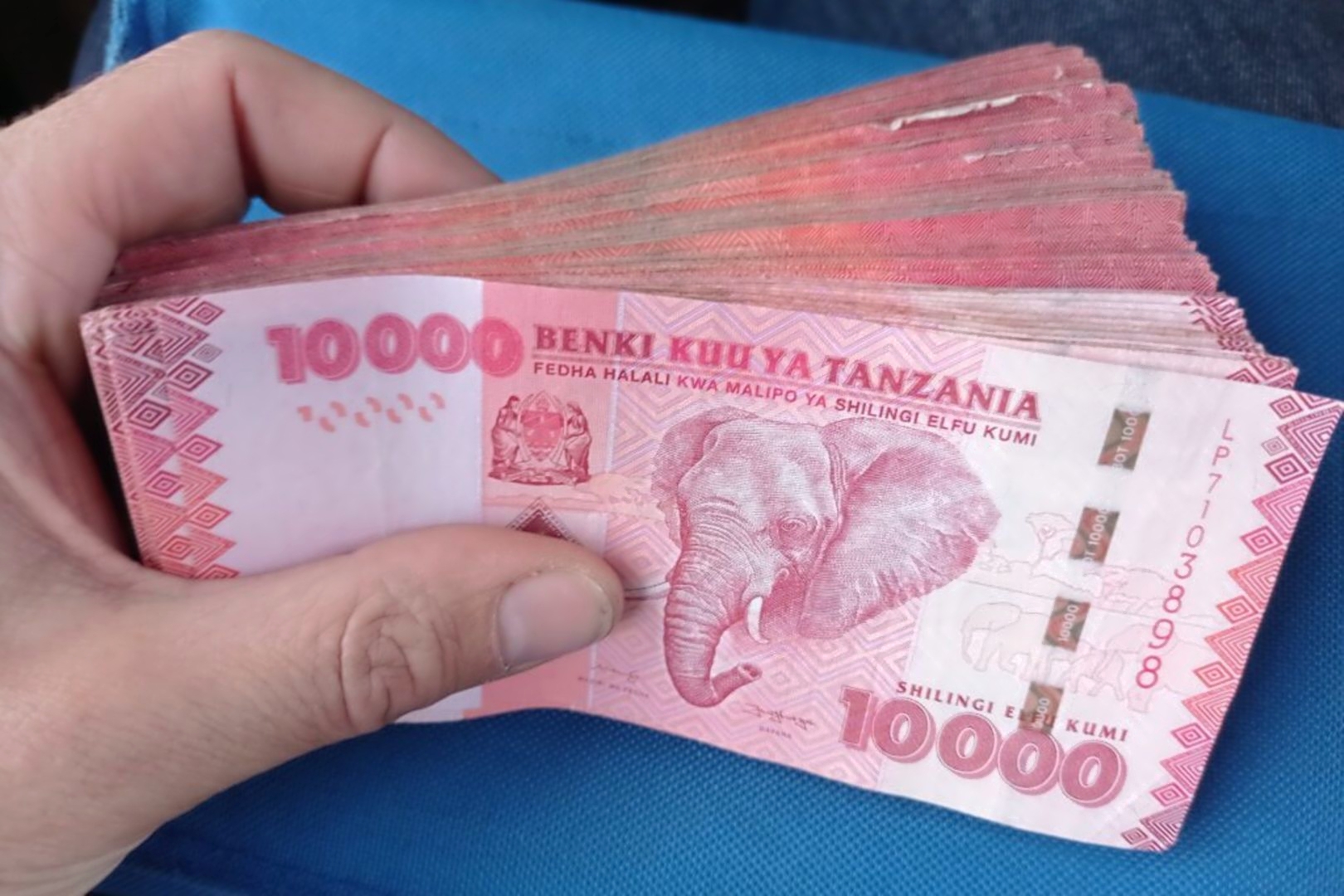…As he replies Omane Boamah
Former Minister of Defence, Dominic Nitiwul, has defended the Akufo-Addo-led government’s record on the Ghana Armed Forces, insisting that the military remained a top priority, despite financial constraints.
Speaking on the Asaase Breakfast Show on Monday, March 24, Nitiwul dismissed claims that the government, had left soldiers unfed due to an unpaid GHC270 million food supply debt.
“I would say that the armed forces, was the number one priority for the government. That doesn’t mean that when you are going to share the national cake, you give it to only one institution. No government will do that. But I say to you that the nature of the way the bills come for the armed forces, they would always lag behind in payments,” he stated.
The Minister for Defence, Dr Edward Kofi Omane Boamah, had raised the alarm over what he describes as a severe neglect of food provision for the Ghana Armed Forces (GAF) under the previous Akufo-Addo-Bawumia administration, revealing that Ghanaians are facing an “avoidable food supply problem.”
In a Facebook post last Friday, Dr Omane Boamah, disclosed that a crucial meeting was held on Thursday, March 20, 2025, to discuss a sustainable food supply for the military.
During this meeting, it was revealed that the erstwhile Akufo-Addo government, had accumulated a substantial food supply debt of approximately GH¢270 million from August 2023 to December 2024.
For eight years, Dominic Aduna Bingab Nitiwul, the Member of Parliament (MP) for the Bimbilla constituency in the Northern Region, served as President Nana Akufo-Addo’s Minister of Defence.
He often painted a glowing picture of the state of the Ghanaian military and even oversaw the promotion of the Chief of Defence Staff (CDS) to the rank of General as a mark of a better-equipped force.
However, reports indicate that the reality of Ghana’s military situation is quite the opposite. The GAF, lacks the requisite complement of military vehicles, weapons, and other logistical support necessary to mount a serious defence in the event of an attack.
The Herald, has learned that the United Nations (UN) has, in recent times, queried Ghana about the quality of logistics, particularly the armoured vehicles deployed for peacekeeping missions. The UN, has even threatened to withhold reimbursements if the vehicles are not upgraded.
“It was revealed that the Akufo-Addo-Bawumia government did not prioritise food provision for the Ghana Armed Forces. Yet, we all know soldiers do not march on empty stomachs,” Dr Omane Boamah, who succeeded Nitiwul, wrote last Friday.
Dr Omane Boamah, explained that the debt has placed significant pressure on food suppliers, thereby affecting the feeding of military personnel. However, the Minister for Finance, Dr Cassiel Ato Forson, has pledged to clear current bills, while working towards settling the outstanding arrears.
“Finance Minister Ato Forson has promised to pay current bills as we work towards settling the arrears of over GHC270 million left behind by the NPP government,” Dr Omane Boamah stated.
The Defence Minister, further assured that the government is committed to implementing both short-term and medium-term solutions to address the military’s food supply challenges.
“We will commence that journey of food supply solutions next week,” he said, adding, “We’re determined to provide short-term and medium-term solutions to this avoidable food supply problem.”
This revelation has sparked concerns about the welfare of the armed forces, with many questioning how such a critical issue was overlooked. Observers will closely monitor how the new administration addresses the crisis.
Nitiwul acknowledged that food supply debts for the military were a recurring issue, not unique to the Akufo-Addo administration. He explained that due to procurement and auditing processes, payments to suppliers naturally lag behind.
“When the NDC was leaving office in 2016, they left behind a food bill of GH₵15 million, which today would be GHC71 million in real terms. When we came in, we paid off those bills in bits and pieces and ensured that food was never lacking for the soldiers.”
He emphasised that discussing such matters publicly could undermine morale within the armed forces. “What I didn’t do was to go to town and start making noise about it because it doesn’t help anybody. It’s not going to put food on the table of the armed forces.”
The former minister stressed that a soldier’s priority is to have the necessary resources to operate effectively.
“A soldier operating in Bimbilla or Aflao wants to wake up and get his food, ammunition, weapons, shoes, and clothing. It is the duty of the government to ensure that suppliers are paid, not the duty of the soldier in the bush who is risking his life for the safety of Ghanaians.”
He called on the current administration to handle financial obligations responsibly rather than making them political issues.
Nitiwul revealed that under his leadership, the government initiated a self-sustaining food production strategy for the military.
“We joined the National Service Secretariat to acquire land and start producing food for ourselves because the bills were increasing. When I took office, the food bill was GH₵15-16 million per month; today, it is almost GH₵1.5 billion monthly due to increased consumption.”
He pointed to the establishment of the Defence Industrial Holding Company (DIHOC) and partnerships with the military to produce rice, meat, and other food items to ensure sustainability.
Addressing the broader issue of debt accumulation, Nitiwul noted that financial constraints are not limited to the military.
“There is mammoth debt in all ministries. Defence is just a small part of the national debt. If you compare GHC270 million to the national debt, you will understand that it is insignificant in the grand scheme.”
He highlighted that Ghana, like many other nations, spends more than it earns. “We cannot be earning GHC 100 and spending GHC 500 —it’s unsustainable. The only options are to cut expenditure or increase revenue through taxes or loans.”
Nitiwul cautioned that making military financial challenges public could have unintended consequences. “If suppliers refuse to deliver food, that becomes a security threat. But the solution is not to complain publicly—it is to engage the finance minister, suppliers, and stakeholders to resolve the matter.”
He noted that during his tenure, there were several instances where food suppliers threatened to stop deliveries due to delayed payments. “More than ten times, suppliers told us they wouldn’t deliver food. My approach was to call a meeting with them and the finance minister, negotiate payments, and ensure continuous supply.”
Nitiwul urged the current administration to adopt practical solutions rather than politicising military financial matters.
“The minister should focus on solving the problem, not making a public spectacle out of it. When faced with such challenges, you negotiate, strategise, and find a way to make payments—because, at the end of the day, soldiers must eat.”
“I hope they carry forward the initiatives we started so that these perennial problems can be resolved.”
The post Nitiwul denies leaving Ghanaian soldiers hungry appeared first on The Herald ghana.



